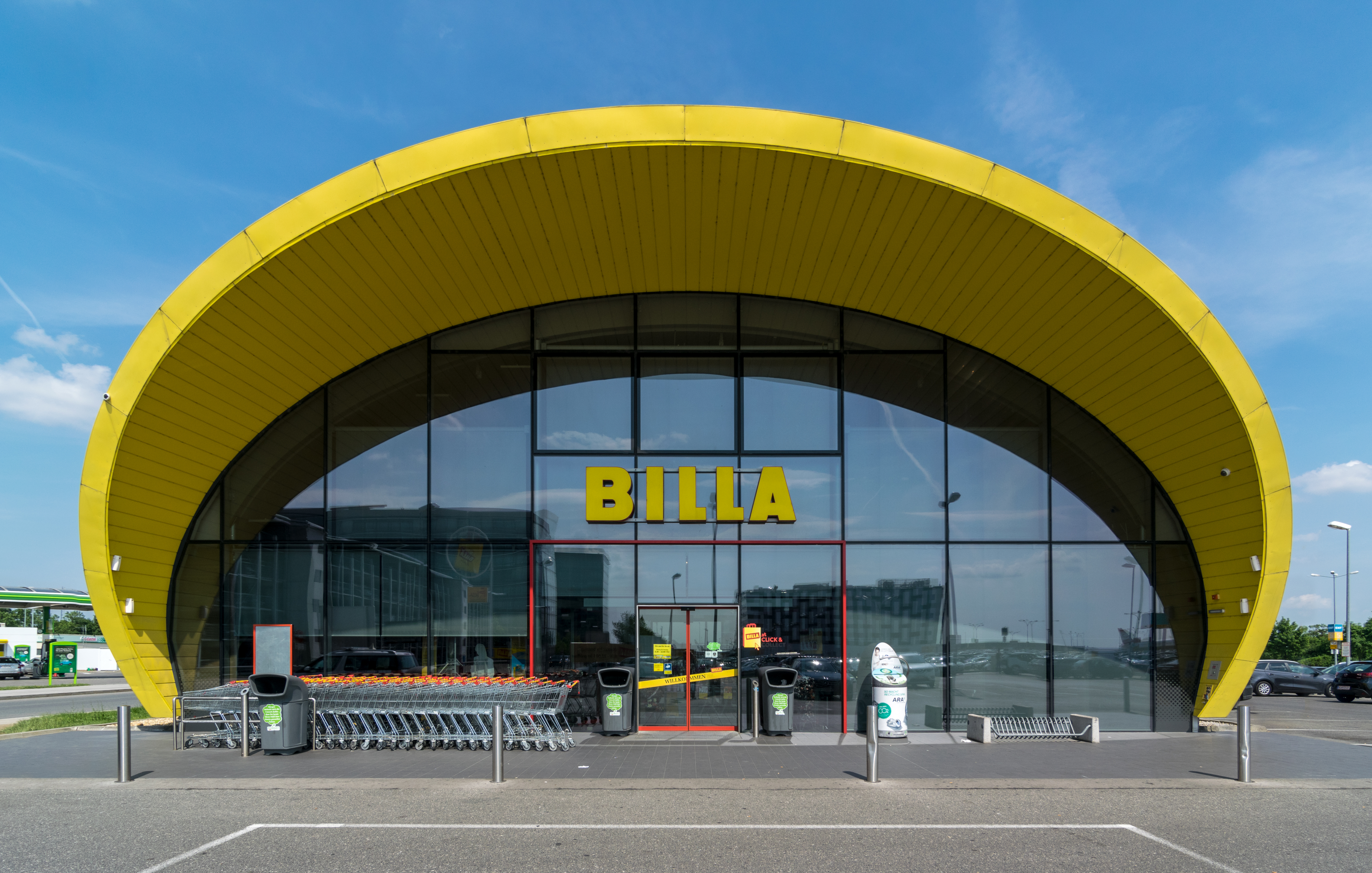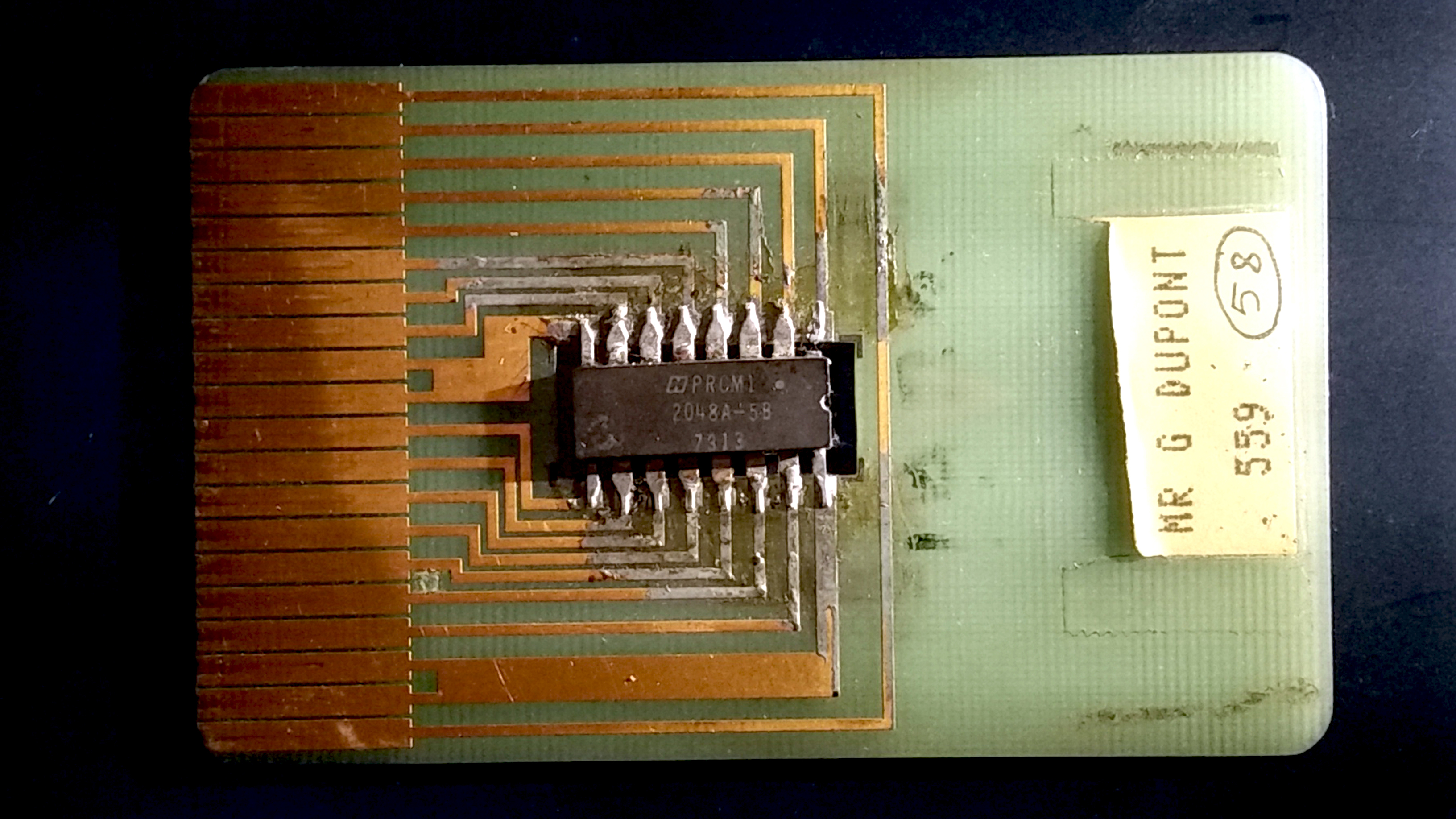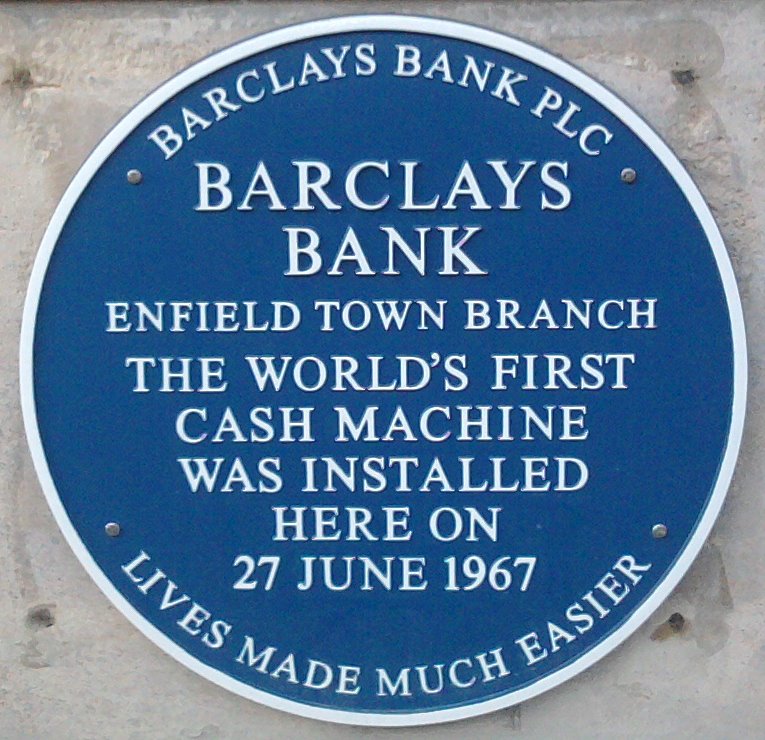|
Quick Wertkarte
Quick was an electronic purse system available on Austrian bank cards to allow small purchases to be made without cash. It was in use from 1996 until 31 July 2017.derstandard.at (German) 22 December 2015 Functionality The system was aimed at small retailers such as bakeries, cafés, drink, and parking automats but also supermarkets such as Billa accepted it. Quick was intended for purchases of less than €400. The card was inserted into a handheld reader by the merchant who enters the transaction amount for the customer. The customer then confirmed the purchase by pushing a button on the keypad, the exact amount debited from the card within a few seconds. As well ...[...More Info...] [...Related Items...] OR: [Wikipedia] [Google] [Baidu] |
Electronic Purse
Digital currency (digital money, electronic money or electronic currency) is any currency, money, or money-like asset that is primarily managed, stored or exchanged on digital computer systems, especially over the internet. Types of digital currencies include cryptocurrency, virtual currency and central bank digital currency. Digital currency may be recorded on a distributed database on the internet, a centralized electronic computer database owned by a company or bank, within digital files or even on a stored-value card. Digital currencies exhibit properties similar to traditional currencies, but generally do not have a classical physical form of fiat currency historically that can be held in the hand, like currencies with printed banknotes or minted coins. However, they do have a physical form in an unclassical sense coming from the computer to computer and computer to human interactions and the information and processing power of the servers that store and keep track of mon ... [...More Info...] [...Related Items...] OR: [Wikipedia] [Google] [Baidu] |
Austria
Austria, formally the Republic of Austria, is a landlocked country in Central Europe, lying in the Eastern Alps. It is a federation of nine Federal states of Austria, states, of which the capital Vienna is the List of largest cities in Austria, most populous city and state. Austria is bordered by Germany to the northwest, the Czech Republic to the north, Slovakia to the northeast, Hungary to the east, Slovenia and Italy to the south, and Switzerland and Liechtenstein to the west. The country occupies an area of and has Austrians, a population of around 9 million. The area of today's Austria has been inhabited since at least the Paleolithic, Paleolithic period. Around 400 BC, it was inhabited by the Celts and then annexed by the Roman Empire, Romans in the late 1st century BC. Christianization in the region began in the 4th and 5th centuries, during the late Western Roman Empire, Roman period, followed by the arrival of numerous Germanic tribes during the Migration Period. A ... [...More Info...] [...Related Items...] OR: [Wikipedia] [Google] [Baidu] |
Bank Card
A bank card is typically a plastic card issued by a bank to its clients that performs one or more of a number of services that relate to giving the client access to a bank account. Physically, a bank card will usually have the client's name, the issuer's name, and a unique card number printed on it. It will have a magnetic strip on the back enabling various machines to read and access information. Depending on the issuing bank and the preferences of the client, this may allow the card to be used as an ATM card, enabling transactions at automated teller machines; or as a debit card, linked to the client's bank account and able to be used for making purchases at the point of sale with a bank card using a payment terminal. Later, in 2010s, smart card technology was adopted for bank card. The first bank cards were ATM cards issued by Barclays in London, in 1967, and by Chemical Bank in Long Island, New York (state), New York, in 1969. In 1972, Lloyds Bank issued the first bank card ... [...More Info...] [...Related Items...] OR: [Wikipedia] [Google] [Baidu] |
Billa (supermarket)
BILLA () is an Austrian supermarket chain that operates in Central, Eastern and Southeast Europe. The company was founded by Karl Wlaschek in 1953. He sold his controlling interest to Germany's REWE Group in 1996. History In 1953, Karl Wlaschek opened a discount perfume shop in the Vienna district of Margareten called WKW (''Warenhandel Karl Wlaschek'', translatable as ''Karl Wlaschek Trading''). By 1960 WKW had 45 stores in Austria. In 1961 the chain was renamed Billa, a portmanteau of "''billiger Laden''", German for 'cheap shop', and it started selling food and then went over to self-service. In 1965 the company had grown to 109 stores. REWE Group acquired Billa in 1996. Present locations Billa operates stores in four European countries: Austria Austria is the chain's home market. As of March 2019, Billa had 1,069 stores in the country, second only to SPAR's 1,538. Czech Republic The first Billa supermarket in the Czech Republic was opened on Stránského Street, Brn ... [...More Info...] [...Related Items...] OR: [Wikipedia] [Google] [Baidu] |
Smart Card
A smart card (SC), chip card, or integrated circuit card (ICC or IC card), is a card used to control access to a resource. It is typically a plastic credit card-sized card with an Embedded system, embedded integrated circuit (IC) chip. Many smart cards include a pattern of metal contacts to electrically connect to the internal chip. Others are Contactless smart card, contactless, and some are both. Smart cards can provide personal identification, authentication, data storage, and application processing. Applications include identification, financial, public transit, computer security, schools, and healthcare. Smart cards may provide strong security authentication for single sign-on (SSO) within organizations. Numerous nations have deployed smart cards throughout their populations. The universal integrated circuit card (UICC) for mobile phones, installed as pluggable SIM card or embedded eSIM, is also a type of smart card. , 10.5billion smart card IC chips are manufactured annually ... [...More Info...] [...Related Items...] OR: [Wikipedia] [Google] [Baidu] |
Automated Teller Machine
An automated teller machine (ATM) is an electronic telecommunications device that enables customers of financial institutions to perform financial transactions, such as cash withdrawals, deposits, funds transfers, balance inquiries or account information inquiries, at any time and without the need for direct interaction with bank staff. ATMs are known by a variety of other names, including automatic teller machines (ATMs) in the United States (sometimes RAS syndrome, redundantly as "ATM machine"). In Canada, the term automated banking machine (ABM) is also used, although ATM is also very commonly used in Canada, with many Canadian organizations using ATM rather than ABM. In British English, the terms cashpoint, cash machine and hole in the wall are also used. ATMs that are Independent ATM deployer, not operated by a financial institution are known as "White-label ABMs, white-label" ATMs. Using an ATM, customers can access their bank deposit or credit accounts in order to make ... [...More Info...] [...Related Items...] OR: [Wikipedia] [Google] [Baidu] |
Maestro (debit Card)
Mastercard Maestro is a brand of debit cards and prepaid cards owned by Mastercard that was introduced in 1991. Maestro is accepted at around fifteen million point of sale outlets in 93 countries. On July 1, 2023, Mastercard began phasing out Maestro across Europe. European banks and other card issuers are now required to replace expired or lost Maestro cards with a different card. Functionality Maestro debit cards are obtained from associate banks and are linked to the cardholder's savings account, current account or any of several other types of accounts, while prepaid cards do not require a bank account to operate. Maestro cards can be used at point of sale The point of sale (POS) or point of purchase (POP) is the time and place at which a retail transaction is completed. At the point of sale, the merchant calculates the amount owed by the customer, indicates that amount, may prepare an invoice f ... (POS) and ATMs. Payments are made by swiping cards through th ... [...More Info...] [...Related Items...] OR: [Wikipedia] [Google] [Baidu] |
Chipknip
Chipknip (a portmanteau of ''Smart card, chip card'' and ''knip'', Dutch for coin purse, purse) was a Stored-value card, stored-value payment card system used in the Netherlands. Based on the Belgian Proton (debit card), Proton system, it was started by Interpay on 26 October 1995, as a Pilot experiment, pilot project in the city of Arnhem and a year later rolled out countrywide. Chipknip was taken over by Currence due to a restructuring on 17 May 2005, who managed it with their licensees until its discontinuation on 1 January 2015. The Chipknip was primarily used for small retail transactions, as the card could contain a maximum value of 500 euros. The money needed to be transferred from a card holders main bank account using a loading station which were generally located next to Automated teller machine, ATMs. In 1996, The Postbank N.V., Postbank left the Chipknip project and started the Chipper project with other organisations such as PTT Telecom to compete with the Chipknip un ... [...More Info...] [...Related Items...] OR: [Wikipedia] [Google] [Baidu] |
Geldkarte
GeldKarte () was a stored-value card used as an electronic cash system in Germany from 1996 to 2024. It operated as an offline smart card for small payments at installations like vending machines and to pay for public transport or parking tickets. It was a prepaid card and funds were loaded onto the card using ATMs or dedicated charging machines. The system has been abandoned in December 2024 due to most customers now relying on more modern contactless payment options. History GeldKarte was introduced in 1996 and suffered from low-acceptance during its existence, citing the prepaid model as impractical for its originally intended use in retail stores. Since 1 January 2007, the GeldKarte could have been used for mandatory age verification at German cigarette vending machines instead of a German identity card or driver's licence. This caused an increase in use of the GeldKarte system, which suffered from very low demand in its first ten years. Several usage statistics pe ... [...More Info...] [...Related Items...] OR: [Wikipedia] [Google] [Baidu] |
Moneo
Moneo, sometimes branded as mon€o, was an electronic purse system available on French bank cards to allow small purchases to be made without cash used from 1999 to 2015. History Moneo is based on the German system Geldkarte. It was launched in Tours on 30 September 1999 by economy minister Dominique Strauss-Kahn. Supported by all French banks, Moneo was tested in Brittany and Montpellier in 2002, and from 2004 Moneo has been added to most French bank cards. The system had been aimed at small retailers such as bakeries and cafés and intended for purchases of less than €30. The card was inserted into a handheld Moneo reader by the merchant who entered the transaction amount for the customer. The customer then confirmed the purchase by pushing a button on the keypad; the exact amount was debited from the card within a few seconds. As well as the multipurpose bank card version, anonymous cards (also smart cards) were available for the use of people without bank accounts, such as ... [...More Info...] [...Related Items...] OR: [Wikipedia] [Google] [Baidu] |
Banking In Austria
The banking system in Austria plays a pivotal role in the country's economy, ensuring financial stability and providing essential services to both individuals and businesses. The Austrian banking system is characterized by a three-tier structure, consisting of joint-stock banks, savings banks (Sparkassen), and cooperative banks (Raiffeisenbanken and Volksbanken). The central bank, Oesterreichische Nationalbank (OeNB), is responsible for the country's monetary policy and the supervision of the banking sector. The Financial Market Authority (FMA) is the primary regulatory body for the Austrian financial market, including banks, insurance companies, and other financial institutions. Banking system Regulations Since the introduction of the Kreditwesensgesetz (KWG) in 1979, the boundaries between the various types of credit institutions have gradually become blurred. Many banks have developed into universal banks offering a comprehensive range of banking services. Prior to the 1979 ... [...More Info...] [...Related Items...] OR: [Wikipedia] [Google] [Baidu] |
Smart Cards
A smart card (SC), chip card, or integrated circuit card (ICC or IC card), is a card used to control access to a resource. It is typically a plastic credit card-sized card with an Embedded system, embedded integrated circuit (IC) chip. Many smart cards include a pattern of metal contacts to electrically connect to the internal chip. Others are Contactless smart card, contactless, and some are both. Smart cards can provide personal identification, authentication, data storage, and application processing. Applications include identification, financial, public transit, computer security, schools, and healthcare. Smart cards may provide strong security authentication for single sign-on (SSO) within organizations. Numerous nations have deployed smart cards throughout their populations. The universal integrated circuit card (UICC) for mobile phones, installed as pluggable SIM card or embedded eSIM, is also a type of smart card. , 10.5billion smart card IC chips are manufactured annually ... [...More Info...] [...Related Items...] OR: [Wikipedia] [Google] [Baidu] |




